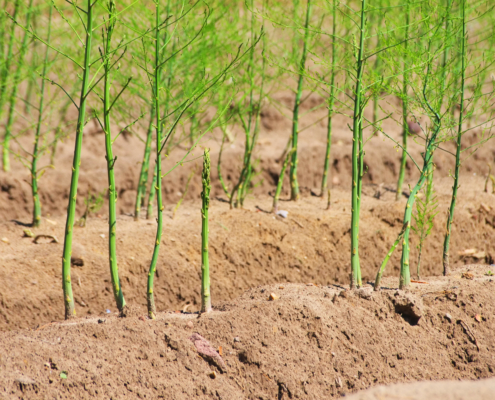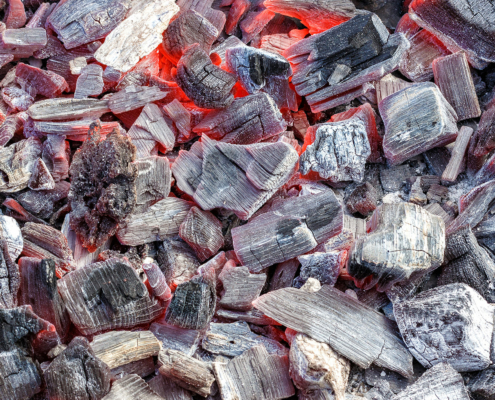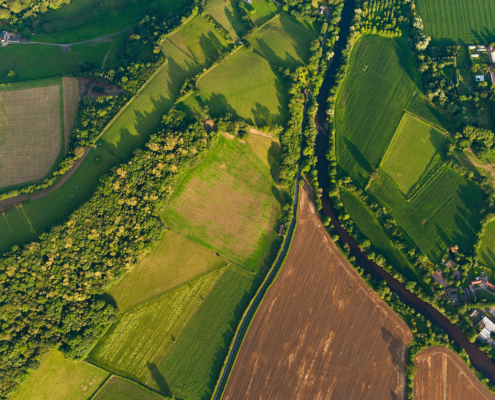Agriculture and Biochar Services
Our ambition is to contribute to the realization of the full climate mitigation and nature protection potential of the agricultural sector. WAILA AB carries out consultancy and research assignments for farmers, biochar producers and governmental organizations. We offer biogas plant operators to jointly invest in the optimization of biogas production.
- Consultancy on the commercial and private production and usage of biochar
- Applied research on biochar production and application
- Consultancy on the optimization of biogas production processes
- Carbon sequestration via humus-buildup
- Consultancy on nature protection measurements in the agriculture sector
The application of biochar (pyrolyzed biomass residues) in agriculture offers a multitude of benefits.
This includes:
- an increase in the water storage capacity of agricultural soils,
- an increase in fertiliser use efficiency,
- a reduction of agricultural nitrate release to the groundwater,
- a reduction of soil nitrous oxide emissions,
- a long term sequestration of carbon in soils (CO2-sink).
Between autumn 2018 and sommer 2020, Waila carried out a biochar field trial in an existings asparagus plantation at Stenhuse farm in Sanda on the Swedish island of Gotland. The collected data was analyzed in close cooperation with Daniel Fischer, an agricultural expert from Germany, and Erik Karltun, reseacher at the Swedish University of Agricultural Sciences (SLU)
The summary of the project results can be downloaded here.
In parallel to the field trial, Waila AB created a biochar map for Gotland to enable farmers to identify the biochar application potential of every single arable land plot on Gotland. The maps includes a detailed description of the applied analysis method.
By using biochar in biogas plants, the effectivity of fermentation substrate use can be increased and the flowability of the fermentation substrate can be increased. Besides that, the fermentation residues are upgraded to a higher-quality fermentation fertilizer, since biochar has a high water storage capacity and helps to minimize nitrogen losses from the fermentation substrate.







